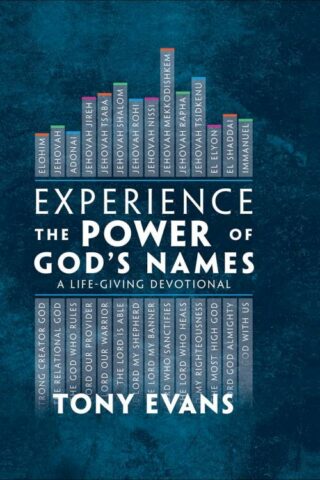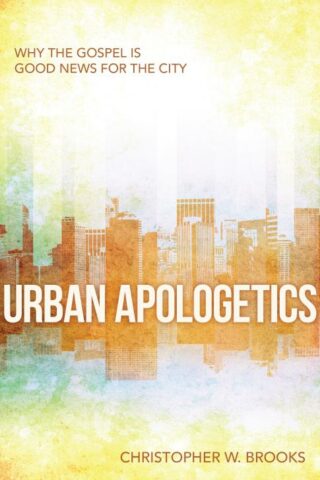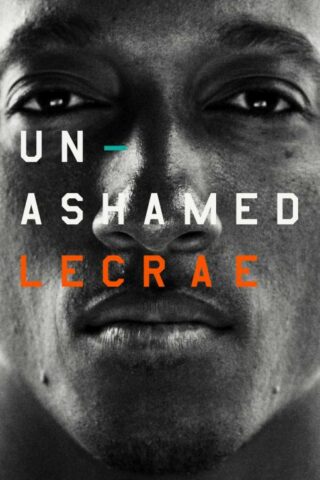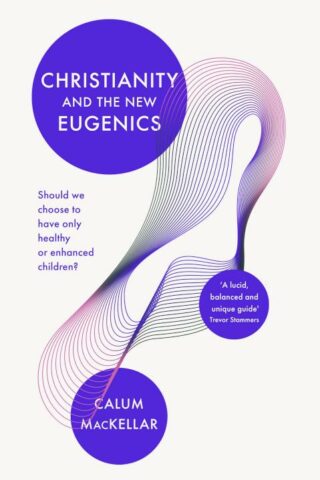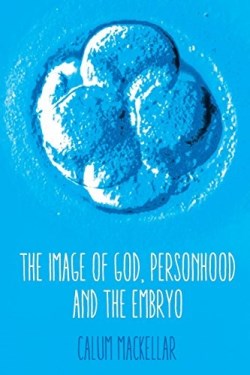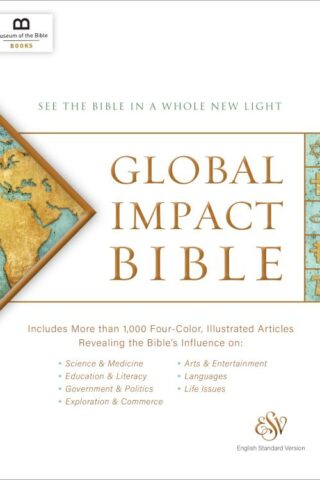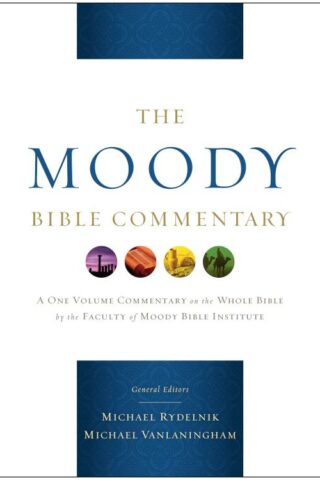Calum MacKellar
Showing all 2 resultsSorted by latest
-
Christianity And The New Eugenics
$18.99Calum MacKellar offers an accessible, inter-disciplinary analysis, blending science, history and Christian theology, enabling readers to develop an informed opinion about the topics encountered. To some degree, all members of society are affected by these new scientific developments in human reproduction, regardless of background, and will thus benefit from such a survey.
As the science of selection develops in the context of human reproduction, features such as the genetic improvement of health, athletic prowess or intelligence may become accepted grounds for choosing future children. Thus, the biological enhancement of the human race, so central to the discredited eugenic regimes of the twentieth century, may now be resurfacing under a new guise. Unnerving similarities between earlier eugenic selection programmes and those now being proposed in the context of twenty-first century human reproduction, with the development of procedures such as gene editing, suggest that a more ‘sanitised’ era of a new eugenics has dawned. There is, therefore, an urgent need to consider and evaluate both current and future selection practices from a Christian perspective based on Scripture. Calum MacKellar offers an accessible, inter-disciplinary analysis, blending science, history and Christian theology, enabling readers to develop an informed opinion about the topics encountered. To some degree, all members of society are affected by these new scientific developments in human reproduction, regardless of background, and will thus benefit from such a survey.
Add to cartin stock within 3-5 days of online purchase
-
Image Of God Personhood And The Embryo
$60.99Why are human embryos so important to many Christians? What does theology say concerning the moral status of these embryos? Answers to these questions can only be obtained by considering the manner in which Christian theology understands the great theme of the image of God.
This book examines the most important aspects in which this image, and the related Christian notion of personhood, can be used in the context of theological arguments relating to the moral status of the human embryo. Thoughtful in approach and ecumenical in perspective, the author combines a thorough knowledge of the science of embryology with a broad knowledge of the theological implications.Add to cartin stock within 3-5 days of online purchase

